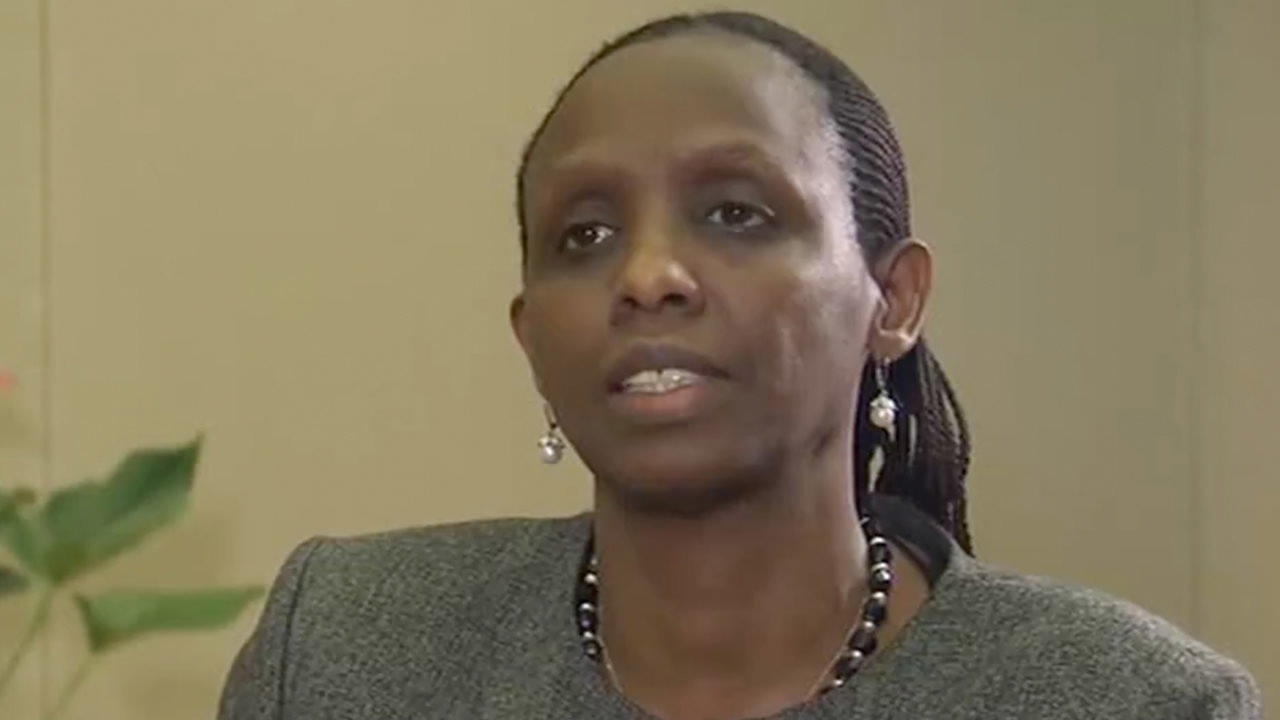
Tech & Sci
22:29, 21-Nov-2017
Dr. Kalibata: China’s Belt & Road Initiative brings new impetus to agricultural cooperation
By Zou Yun

Chinese and African cooperation in the agriculture sector has increased significantly over the past decade. What have been the biggest achievements and what new impetus could China’s Belt and Road Initiative bring to Africa? CGTN reporter Zou Yun talked to Dr. Agnes Kalibata, president of the Alliance for a Green Revolution in Africa and Rwanda’s former Minister of Agriculture and Animal Resources.
China’s explosive agricultural growth has pulled over 400 million people out of poverty within 10 years, Dr. Kalibata said that China’s achievements provide a great lesson for Africa to learn in easing poverty alleviation.
"What stands out for me is land reforms. China was very bold in handling the issues of land reforms so that farmers have better rights for land. Then access to technologies was very critical, but what’s more critical is being able to design policies that would ensure the transformation process was put in place for the Chinese people. This is something we need to do on the African continent."
One of the major challenges facing the development of African agriculture is the lack of infrastructure. Dr. Kalibata said about China’s Belt and Road Initiative, which focuses on enhancing connectivity and building infrastructure overseas:-
"The Belt and Road Initiative is very interesting, because it put a lot of emphasis on infrastructure development and lots of connectivity on roads, pipelines, airports. If you look at the trend between Africa and China today is a very small proportion of the amount of the trade that’s happening between China with the rest of the world. So Africa would like to be a significant trade partner both in terms of exports and imports. But right now, the volume of trade is very small. So with the Belt and Road Initiative, my hope is that it will open up the opportunity for African governments and African countries to participate better and to be better connected not only to China, but to the whole stretch of countries that will be part of the initiative."
Since 2000, China has sent over 2,000 agricultural experts and over 7,000 medical personnel to Africa, Dr. Kalibata said that the people-to-people exchanges as well as training projects are an import part of diffusing technologies and training local people.

SITEMAP
Copyright © 2018 CGTN. Beijing ICP prepared NO.16065310-3
Copyright © 2018 CGTN. Beijing ICP prepared NO.16065310-3